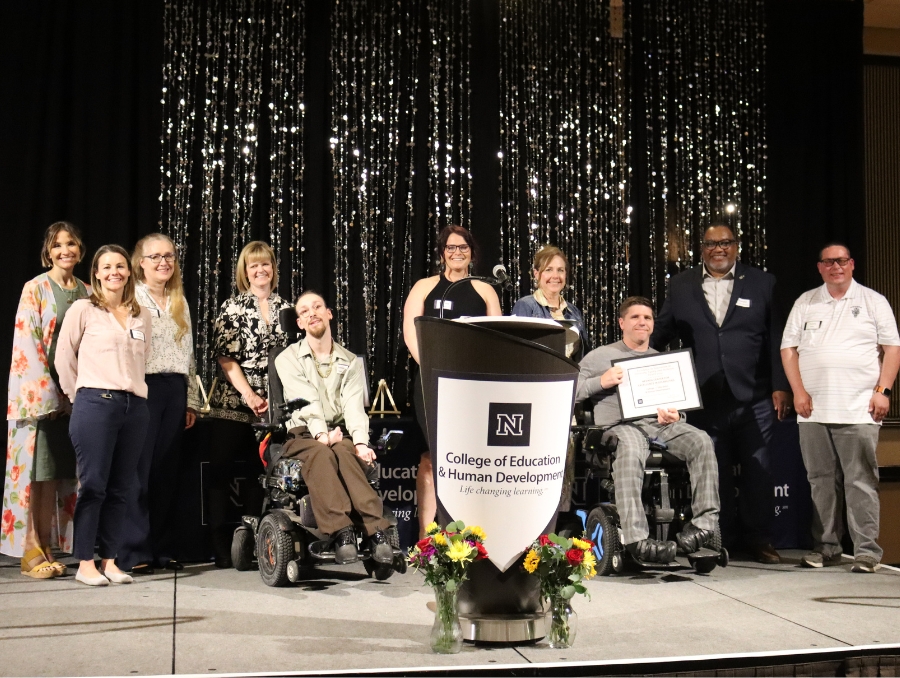Last February, President Bush's observation that the United States is addicted to oil reignited debate about development of alternative energy sources. Christopher Simon, associate professor of political science, examines the topic in his book, Alternative Energy: Political, Economic, and Social Feasibility. The book describes alternative energy technologies, feasibility issues, and associated costs.
"The movement to develop sustainable communities is significantly influenced by energy development and delivery," Simon said. "About five or six percent of energy consumed in the U.S. comes from renewable sources. Access to unbiased information about energy consumption choices empowers consumers to communicate objectives and preferences for their communities."
Nevada's high desert climate has attracted research and development in renewable and alternative energy sources including geothermal, solar, wind, water.
Simon suggests that consumers do not participate fully in the alternative energy planning process because there is limited unbiased information - presented in a readily understandable format - that explains the cost, viability, and terminology of alternative energy technologies. Consumers often lack the technical expertise to use the information in a way that best conveys their preferences, which limits access to decision making.
"Increasingly, consumers rely on planners to drive policy decisions about energy development and delivery," Simon said. "This book demystifies alternative energy definitions and creates a common frame of reference for planners and consumers to consider."
Simon hopes that his book stimulates cooperative and informed policy decisions that are appropriate for their communities.
NevadaToday











